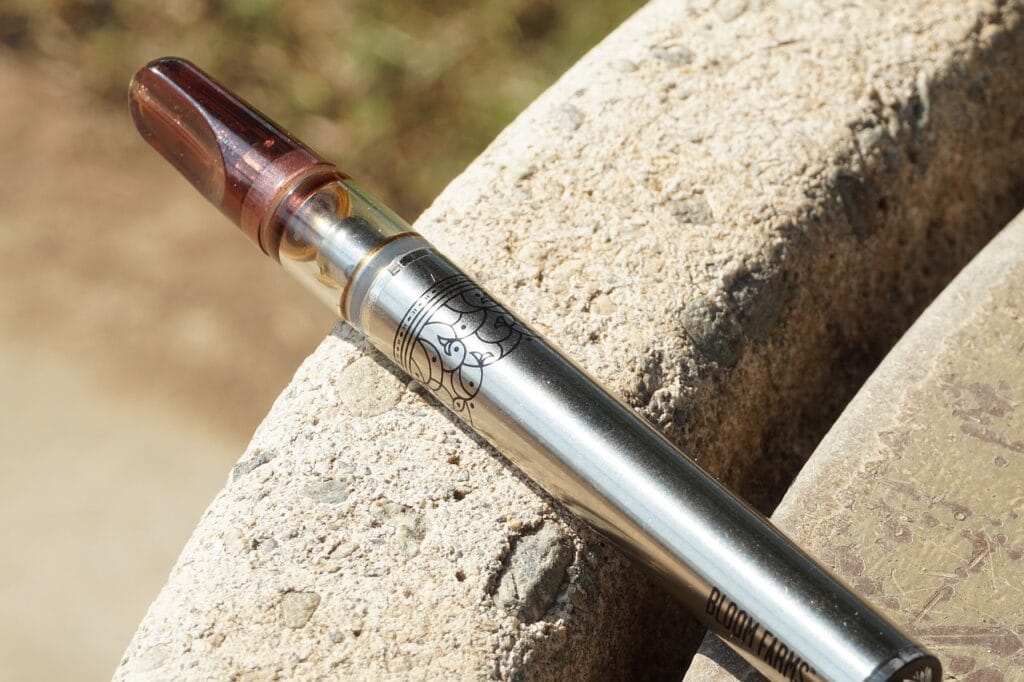Cannabis has long been associated with stigma due to its effects, yet it is now receiving growing acknowledgment for its potential in multiple medical fields. In recent years, research into the therapeutic properties of cannabis has significantly increased, especially regarding its benefits for neurological conditions.
In addition to its well-known applications for stress relief, alleviating depression, and enhancing sleep, cannabis shows promise in treating a range of neurological disorders. This article explores five such conditions and discusses how a cannabis or cannabis can be beneficial in their therapeutic applications.
Table of Contents
Key Takeaways:
- Certain cannabinoids and terpenes exhibit distinct effects on various neurological disorders.
- Linalool, myrcene, and limonene possess anti-convulsant properties.
- Equal ratios of THC and CBD, alongside other cannabis compounds, may have potential in cancer therapy.
A Natural Approach to Managing Neurological Disorders
Addressing the complexities of conditions like Alzheimer’s disease (AD), brain tumors, Parkinson’s disease (PD), intractable epilepsy, and chronic traumatic encephalopathy (CTE) or traumatic brain injury (TBI) varies by individual patient needs and the severity of their conditions.
Cannabis is a Viable Treatment Option
Epilepsy
The endocannabinoid system plays a crucial role in influencing seizure thresholds. THC, in particular, can effectively stop seizures, unlike some traditional medications. Studies have demonstrated acute increases in endocannabinoid production and sustained rises in CB1 levels over time. Researchers have noted the anti-convulsant effects of cannabinoids at doses that do not induce sedation.
THC, THCA, and linalool, a terpene found in cannabis, have garnered scientific interest. The complexities surrounding THCA, particularly its activity at CB1 receptors versus its conversion to THC, have led to ongoing exploration.
Recent research highlights the anti-convulsant effects of cannabidiolic acid (CBDA), suggesting its serotonergic properties. Notably, CBDA has a significantly higher affinity for the 5-HT1A receptor than CBD.
If you are looking to explore cannabis vape pens for your condition, select products that include THC, CBD, THCA, or linalool.
Brain Tumors
Numerous studies have investigated the use of cannabis for patients with brain tumors. A study published in the British Journal of Cancer in 2006 reported that administering THC directly into tumors for glioblastoma multiforme (GBM) patients slightly prolonged life expectancy in nine cases.
Additionally, a case report detailed complete regression of residual tumors in two children with pilocytic astrocytomas after cannabis use.
THCA, as a peroxisome proliferator-activated receptor-gamma (PPARγ) agonist, has shown more promising effects than CBDA, CBD, or THC in targeting cancer cells selectively while preserving normal cells. The synergistic effects of THCA with other cytotoxic agents indicate its potential in cancer treatment.
Parkinson’s Disease
In an observational study, 22 out of 28 patients tolerated smoked cannabis, presumed to be THC-dominant, with noted acute benefits in tremor, rigidity, and bradykinesia.
In Parkinson’s disease, loss of cells in the substantia nigra causes widespread pathology over time. Tau proteins undergo changes that lead to neurofibrillary tangles.
Nabiximols, a cannabis-based oral spray, significantly reduced tangles in research involving parkin-null mice expressing human tau, improving dopamine metabolism and glial function.
Alzheimer’s Disease
Alzheimer’s disease (AD) involves the creation of senile plaques from β-amyloid proteins and the buildup of neurofibrillary tangles from tau proteins. The progression of these processes is relentless.
CBD acts as a protective antioxidant for the brain, interacting with NMDA receptors. It halts the formation of Aβ plaques, reduces ROS production, and shields fats in PC12 cells from damage caused by Aβ. Additionally, CBD prevents excessive phosphorylation of tau proteins in neurons affected by Aβ.
Traumatic Brain Injury / Chronic Traumatic Encephalopathy
Cannabis, especially chemovars that blend THC and CBD, can alleviate symptoms associated with CTE, including headaches, nausea, insomnia, and agitation.
Want to Use cannabis for Your Current Condition?
Using cannabis is a popular method for leveraging its benefits. If you’re looking to avoid health risks associated with traditional consumption methods, cannabis vapes offer a viable alternative.
Weed Vape Pens Treat Your Condition
Neurological treatments for the conditions explored in this article require significant advancements. However, emerging methods, including those utilizing cannabis via a cannabis, show promise. Research and anecdotal evidence suggest that cannabis, with its varying levels of THC, CBD, and other compounds, can interact with the ECS to assist in managing symptoms of these conditions.
Frequently Asked Questions
Can a dab pen provide the same experience as a vape pen?
A dab pen and a vape pen vaporize cannabis concentrates but differ in intensity and application. Dab pens are designed for solid concentrates, producing a more intense effect, while vape pens are tailored for liquid concentrates, offering a milder experience.
Are THC pens cheap?
The average price for a cannabis pen is around $50, with options ranging from $20 to over $200, depending on battery life and features.
Can my current medication interact with the active ingredient in my cannabis vape?
Interactions depend on your prescription. For example, combining anti-depressants with cannabis may increase serotonin levels, affecting reliance on these medications and potentially worsening depression and anxiety. Always consult your doctor before adding cannabis to your treatment plan.
Are cannabis pens the best alternative when treating health issues with cannabis?
Weed pens provide a cleaner method for using cannabis without smoke, making them popular for individuals seeking less harmful and discreet options for managing health issues.
However, whether cannabis pens are the best choice can vary by individual. As research into their long-term effects continues, consulting with a doctor before using them for health purposes is essential to ensure the most suitable approach for your health needs.
“`



